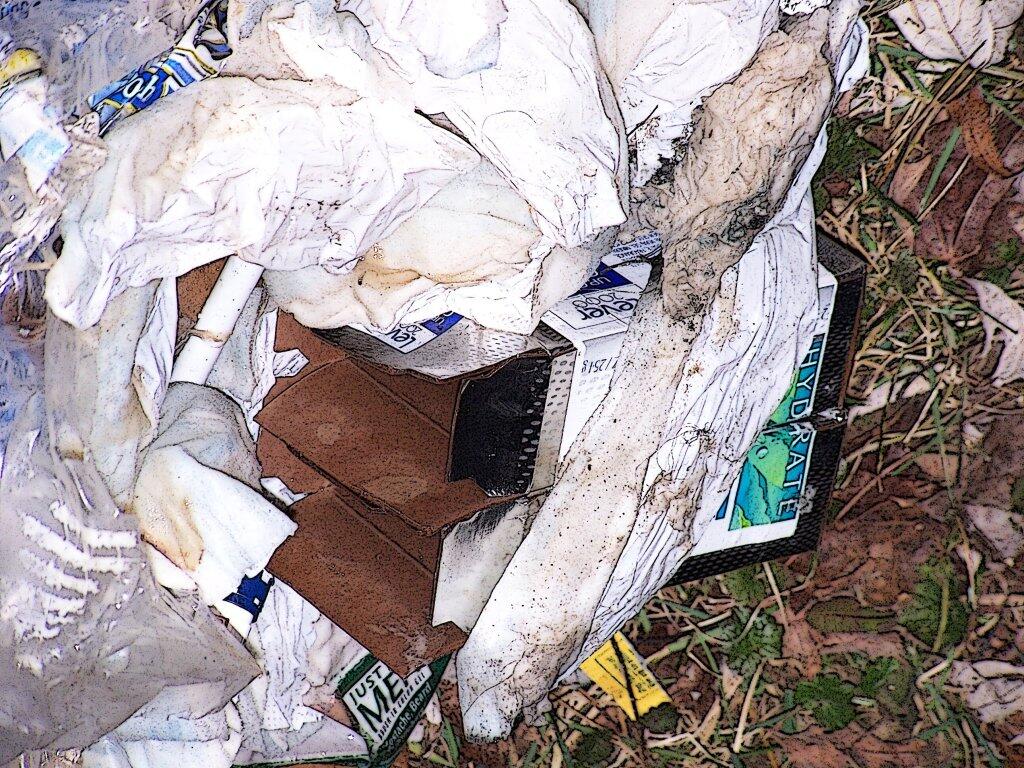Now, political appointees at the EPA are engaged in what appears to be an end-run around the agency’s own science. While IRIS, which is staffed by career scientists, hasn’t officially backed away from its 2016 report, the Trump EPA recently announced that it would not be calling for the level of pollution reductions IRIS laid out during the previous administration, leaving people around the country more vulnerable to the known carcinogen. And that’s only one of the changes made under the Trump administration that promise to weaken protections for Americans’ health, many of which were intended specifically to stave off cancers.
“I am not that worried, I’m from C8 Country.” 🧪
A statement agreed upon by too many Americans. Miracle of modern chemistry.
- A multi-pronged piece of federal legislation known as the "Save Our Seas 2.0 Act" (collectively S.1982) recently made multiple advancements, despite recent opposition. Two bills (S.2260 and S.2372) were passed in their respective U.S. Senate committees last week, while a third (S.2364) awaits action by the Senate Commerce Committee.
- The legislation intends to reduce plastic pollution in the environment, namely waterways, through means such as innovative clean-up efforts and finding new uses for existing plastic waste. It has bipartisan backing in Congress, along with support from the American Chemistry Council and the Plastics Industry Association, but is controversial among environmental groups.
- Last week, more than three dozen groups sent a letter of opposition to the co-sponsors, Sen. Dan Sullivan (R-Alaska) and Sen. Sheldon Whitehouse (D-R.I.), saying the legislation does not provide a "comprehensive approach to solving the growing problem of plastic pollution and certain provisions of the bill will make the problem worse."
Trash from the bathroom that I found scattered along the lawn.
Taken on Tuesday January 16, 2007 at Trash.
For decades, the donation bin has offered consumers in rich countries a guilt-free way to unload their old clothing. In a virtuous and profitable cycle, a global network of traders would collect these garments, grade them, and transport them around the world to be recycled, worn again, or turned into rags and stuffing.
Now that cycle is breaking down. Fashion trends are accelerating, new clothes are becoming as cheap as used ones, and poor countries are turning their backs on the secondhand trade. Without significant changes in the way that clothes are made and marketed, this could add up to an environmental disaster in the making.
I just want to be able to get a decent sweater or sweater-vest. Every sweater I get lately falls apart after about two washings, despite being quite expensive and full-price.
Tuesday, the White House indicated that it would veto the PFAS Action Act of 2019 legislation designed to keep harmful chemicals out of groundwater should it pass through the House and the Senate.
Sponsored by Michigan Democratic Congresswoman Debbie Dingell, the act is designed to reduce involuntary human exposure to PFAS, which are chemicals used in products like non-stick cookware and flame retardant foams. PFAS are known as "forever chemicals" because they are not expelled from the human body once they are ingested. Traces of PFAS, which have been linked to the formation of certain kinds of cancer, have been found in multiple sources of drinking water across the country.
